In the context of strong digital transformation, the Dak Lak Education and Training sector is accelerating the application of artificial intelligence (AI) in schools, opening up a new direction in improving the quality of teaching and learning. Bringing AI into teaching not only innovates pedagogical methods but also helps students develop technological thinking, creativity and self-study skills, creating a premise for modern education .
Improve the quality of teaching and administration
Phan Chu Trinh Secondary School (Buon Ma Thuot Ward) is one of the bright spots in building a digital school model. The school promotes the digitalization of textbooks and learning resources and guides students and teachers in applying AI to lesson preparation, designing illustrative videos , and presentations.

Ms. Nguyen Ngoc Thuy - a teacher at the school said: "AI has become a familiar tool. I often use AI to search for information, create clips to illustrate textbooks, making lectures more attractive. Students are also trained in how to apply AI to make reports, design presentations, and maximize their creativity."
According to Mr. Vo Ngoc Nam - Principal of Phan Chu Trinh Secondary School, the Board of Directors always considers AI application as a key task, in line with the 2018 General Education Program. "AI helps teachers change their thinking, inspires innovation in methods, and helps students access knowledge more flexibly and proactively," said Mr. Nam.
Not only stopping at central schools, bringing AI into the classroom has spread to even disadvantaged areas. Hung Vuong Secondary School (Hoa Son Commune), despite limited facilities, has established an Information Technology Team, supporting teachers with weak skills and training them on AI applications.
Sharing from Mr. Phan Quang Vinh - Informatics teacher said: "Integrated AI lectures help students practice digital thinking and get used to the modern learning environment".
Thanks to AI, Nguyen Tran Quynh Nhu (grade 7A) can easily create presentations, do experiments with Canva, PowerPoint... study more effectively and confidently express creative ideas.
Meanwhile, at Le Loi Primary School (border commune of Ea Sup), QR codes have been applied to most educational and teaching activities.
Mr. Nguyen Van Tai - Principal of the school shared that from the 2023-2024 school year, the unit will synchronously deploy the QR code system in management, teaching and communication.
Parents, teachers and students can simply scan the code to quickly access educational plans, announcements, timetables, attendance, surveys and even access the school's education quality accreditation records.
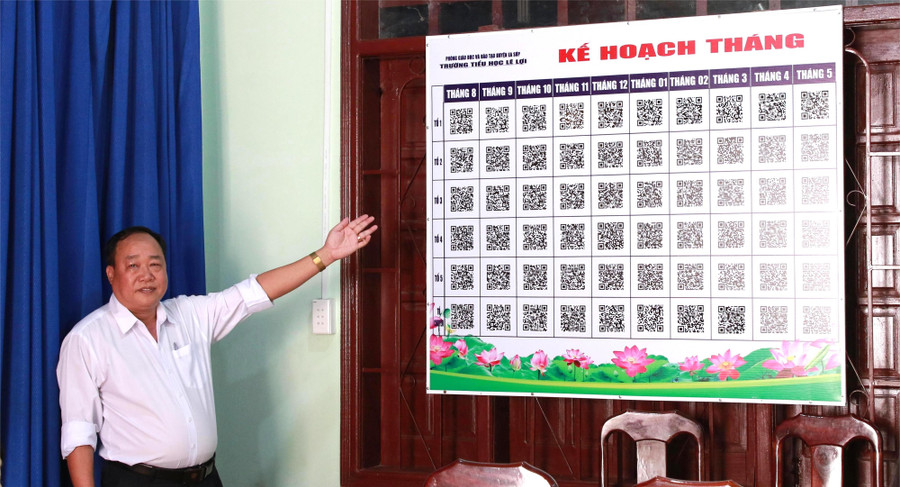
Accordingly, QR codes are attached to school gates, bulletin boards, classrooms, libraries and integrated into documents, leaflets, and invitations. Thanks to that, information retrieval becomes convenient, reduces paperwork, saves time and creates conditions for teachers to integrate into E-learning lectures.
Evaluating this initiative, Dr. Le Thi Thanh Xuan - Director of Dak Lak Department of Education and Training affirmed: "In the context of limited technological infrastructure, the school's proactive application of QR codes shows the spirit of innovation and creativity and is a model that needs to be replicated throughout the province."
Students master technology
Many Dak Lak students do not just stop at using AI as a learning support tool, but also create products to solve practical problems.
Notably, a group of students from Hoang Viet Primary, Secondary and High School (Buon Ma Thuot Ward) with the project "Application of artificial intelligence and IoT to monitor nutrition and growth of young coffee trees", won second prize in the National Science and Technology Competition.
Nguyen Ngoc Bao Don, a student in class 10A1, said: “The group has created a sensor system that combines AI to monitor nutrition, predict pests and automatically irrigate. AI also helps analyze 3D models of plants to determine growth status, nutritional deficiencies, support farmers in choosing healthy plant varieties and increasing coffee productivity.”
As a group instructor, Ms. Nguyen Thi Yen - Hoang Viet Primary, Secondary and High School believes that a targeted approach to AI helps students avoid copying, instead developing research and creativity skills. "We organize academic clubs, flipped classrooms, creating an active learning environment where AI becomes a tool, not a mechanical fulcrum," Ms. Yen said.
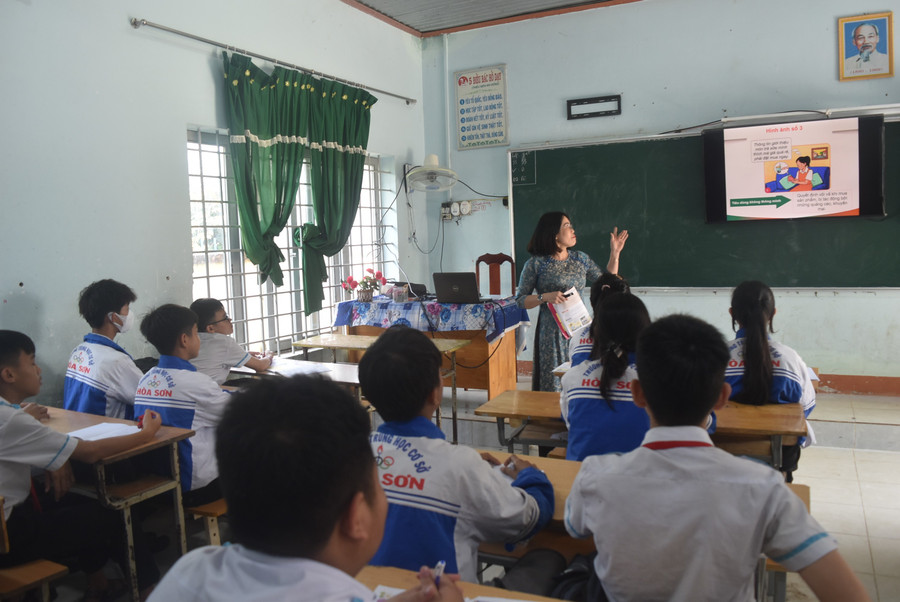
According to Dr. Do Tuong Hiep - Deputy Director of Dak Lak Department of Education and Training, bringing AI into education is an inevitable trend. The department has organized training courses for teachers, experiments in qualified schools and will continue to expand.
“AI brings many benefits but also has potential risks such as academic cheating and plagiarism. Therefore, it is necessary to focus on educating professional ethics and controlling its appropriate use,” Dr. Do Tuong Hiep emphasized.
In the coming time, Dak Lak Education sector will promote propaganda, strengthen facilities and improve information technology capacity for teachers and students. With a clear orientation, Dak Lak education is gradually building a smart school model, integrating into the 4.0 era, creating a solid foundation for the young generation.
According to statistics from the Dak Lak Department of Education and Training, more than 70% of schools have digitized documents and lectures. Nearly 50% of secondary and high schools have applied AI in teaching, management and research. There are 3 student projects applying AI that won the National Science and Technology Award in 2024-2025.
The Department of Education and Training aims to have 100% of teachers trained in AI skills by 2030, moving towards a comprehensive smart school model.
Source: https://giaoducthoidai.vn/truong-hoc-dak-lak-ung-dung-ai-khoi-day-sang-tao-trong-hoc-sinh-post742110.html



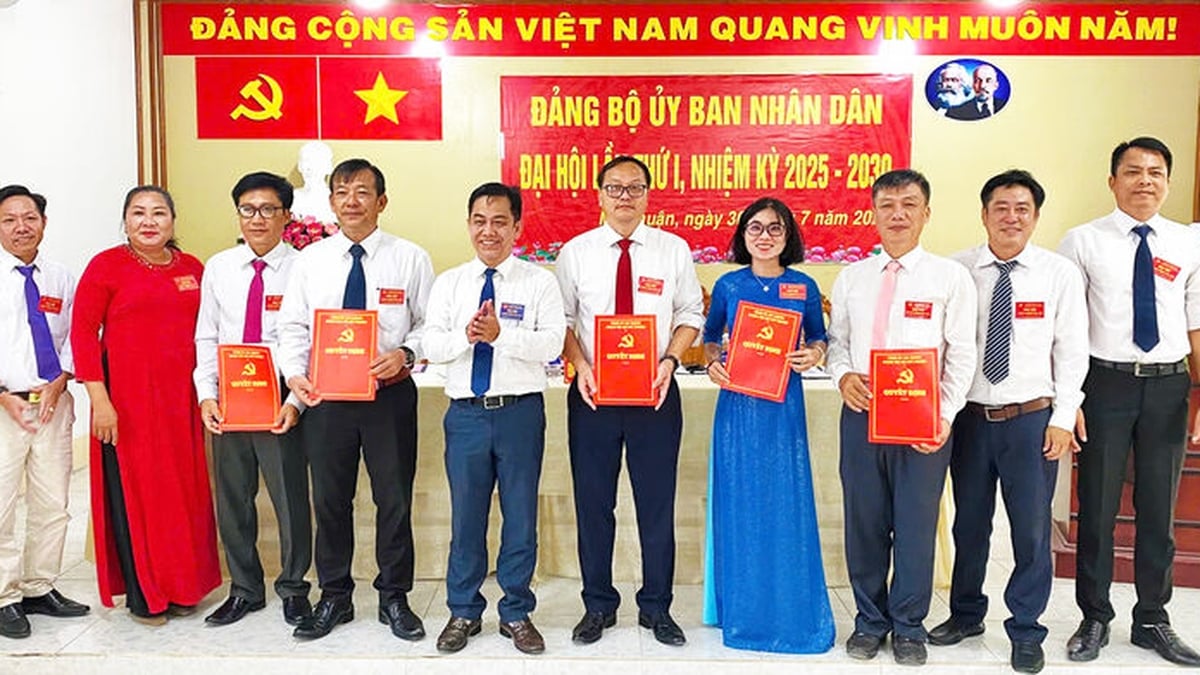
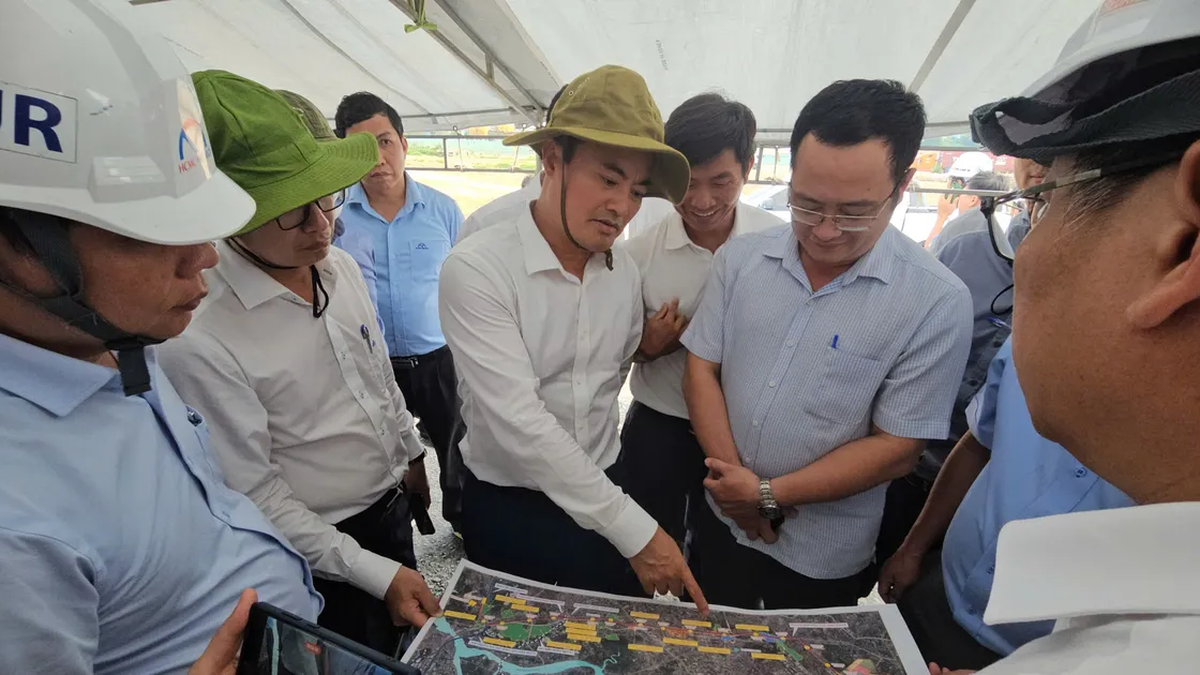
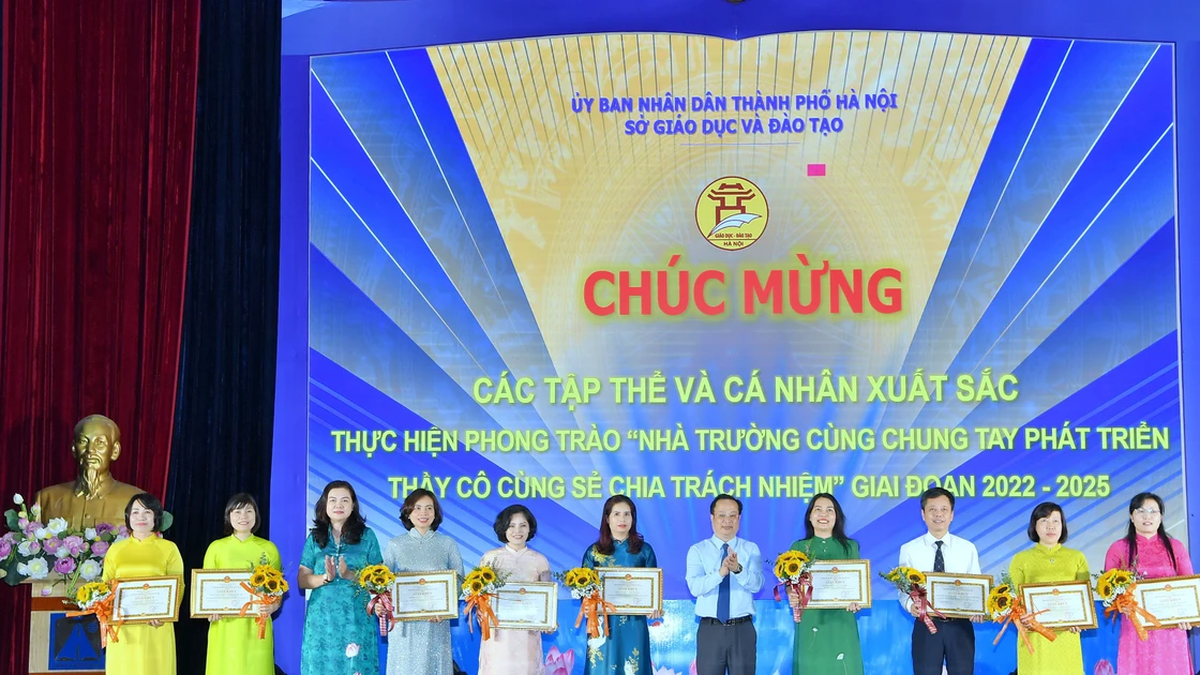
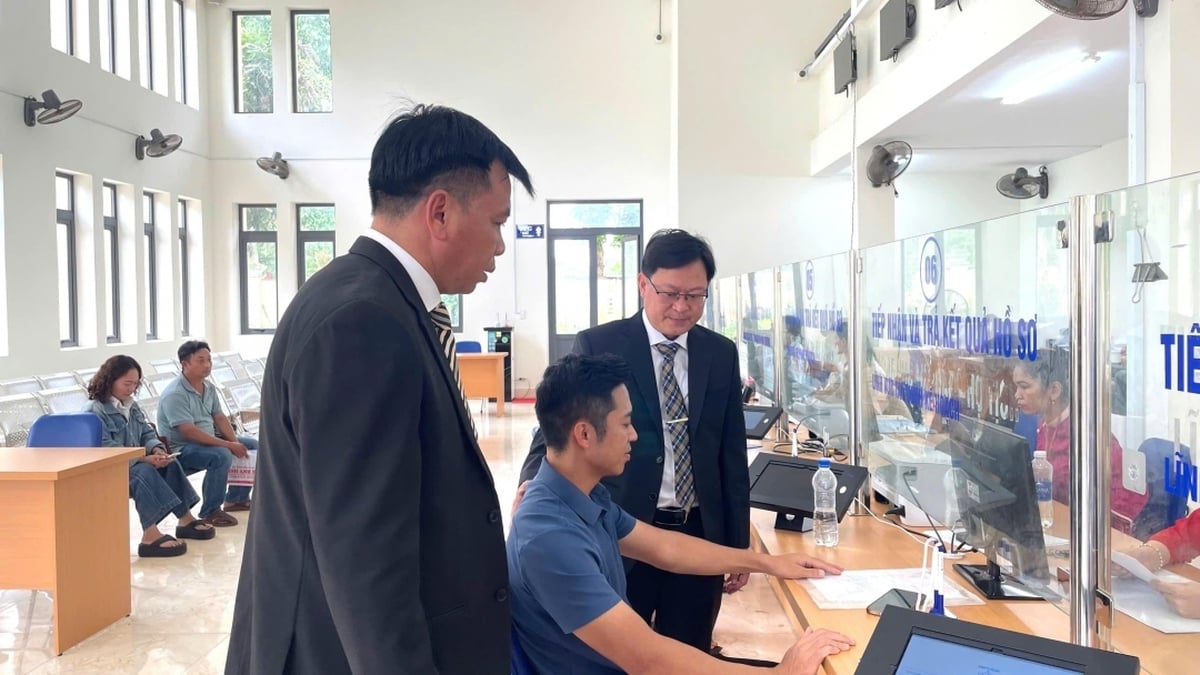

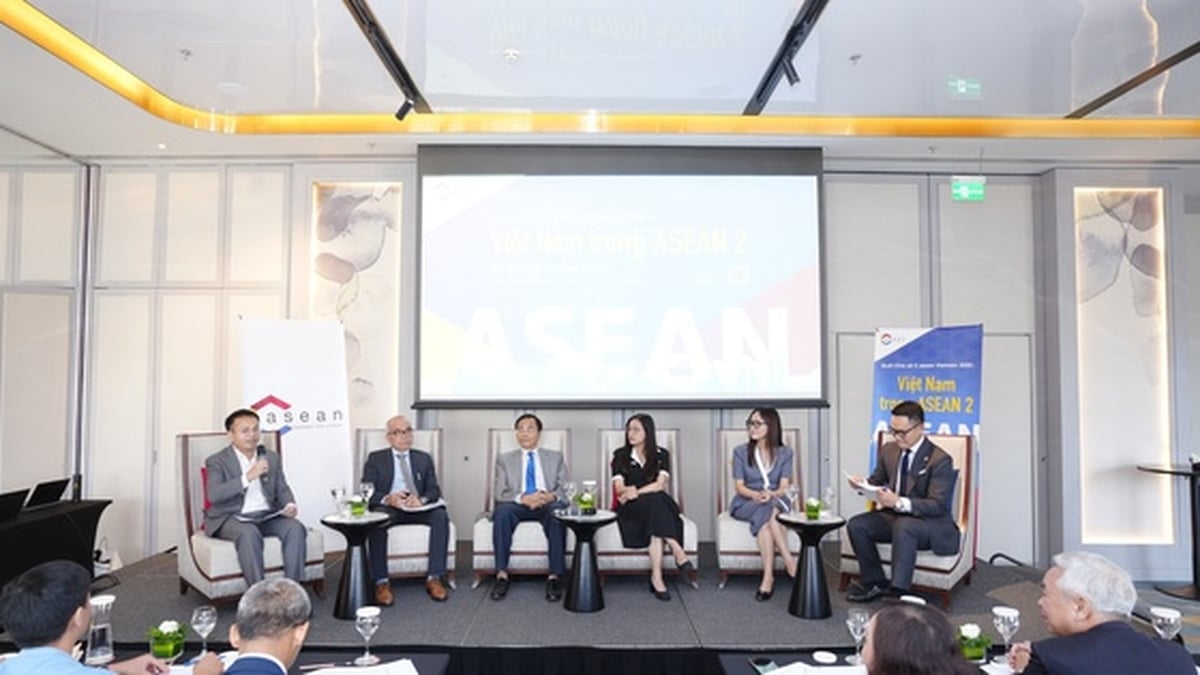
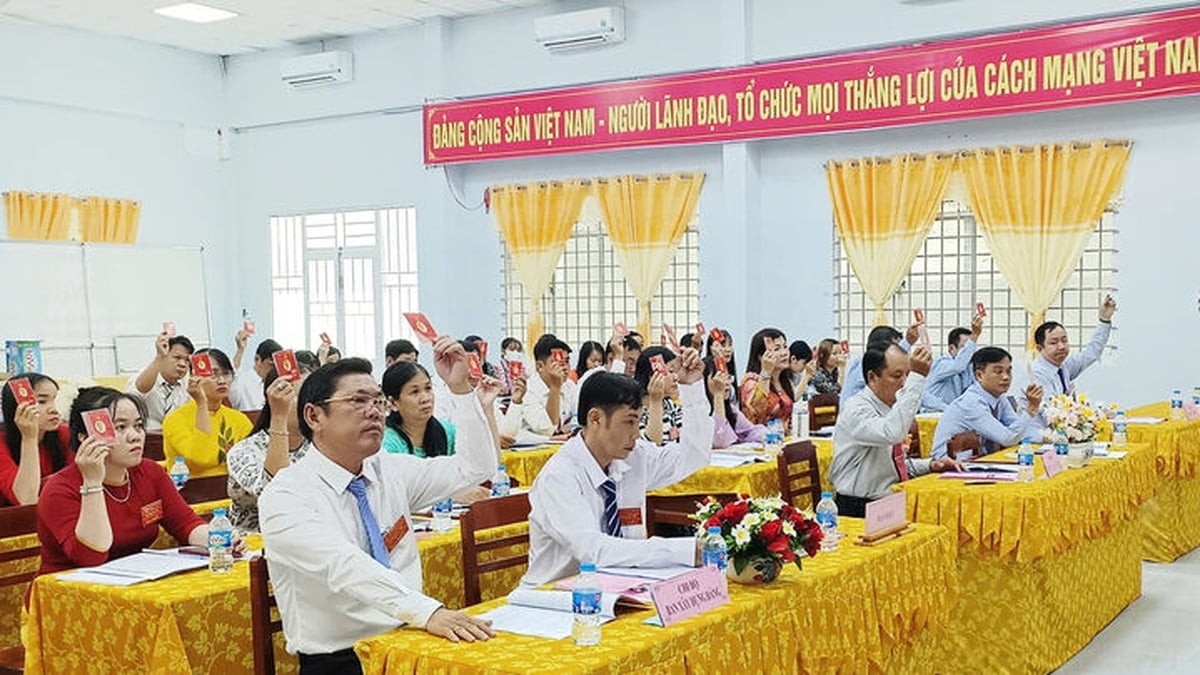

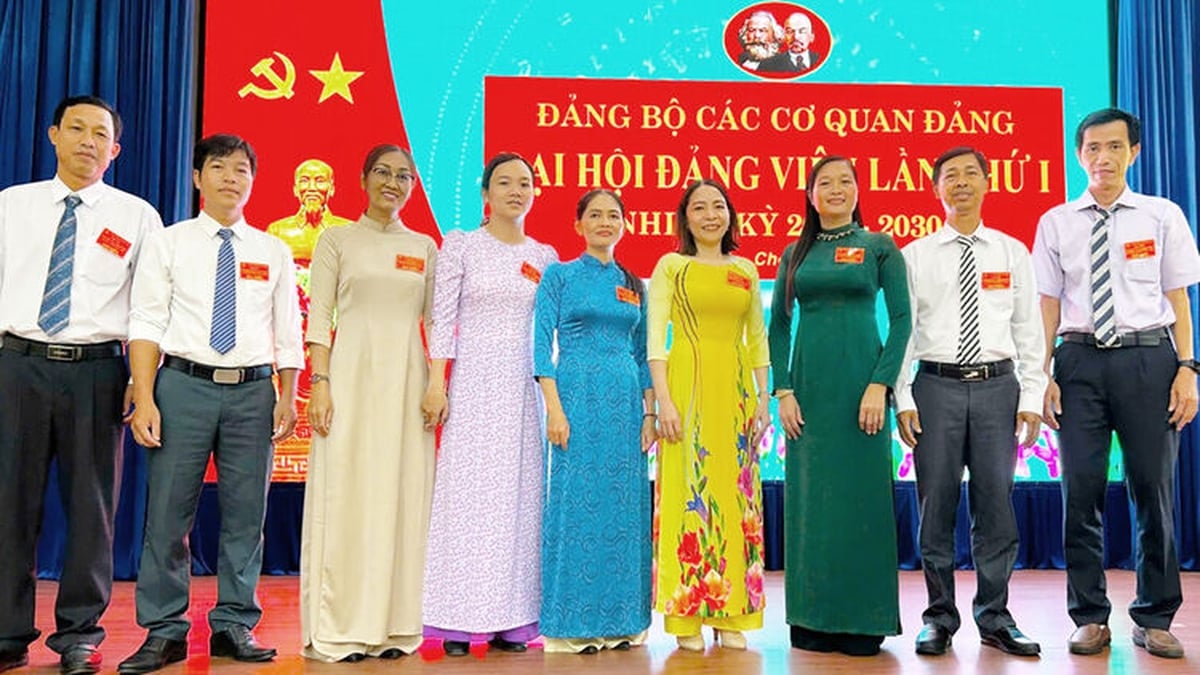



































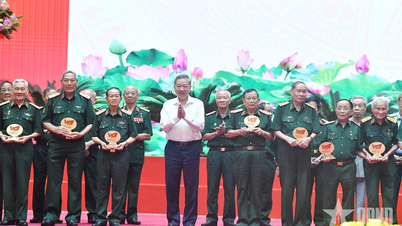



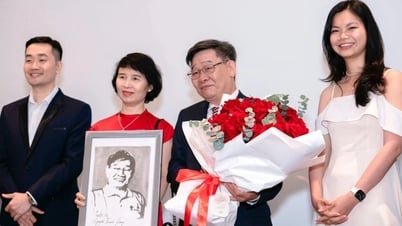






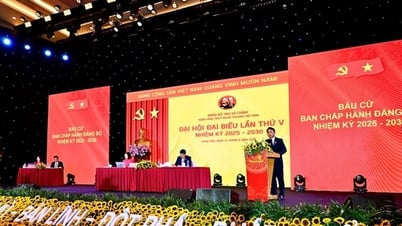



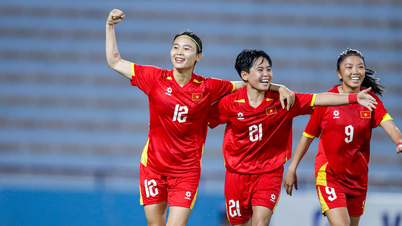










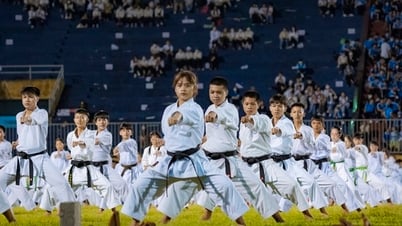












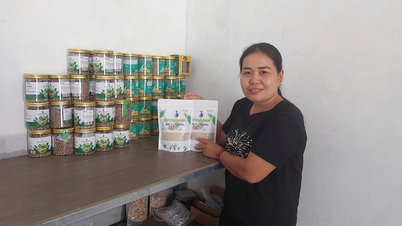











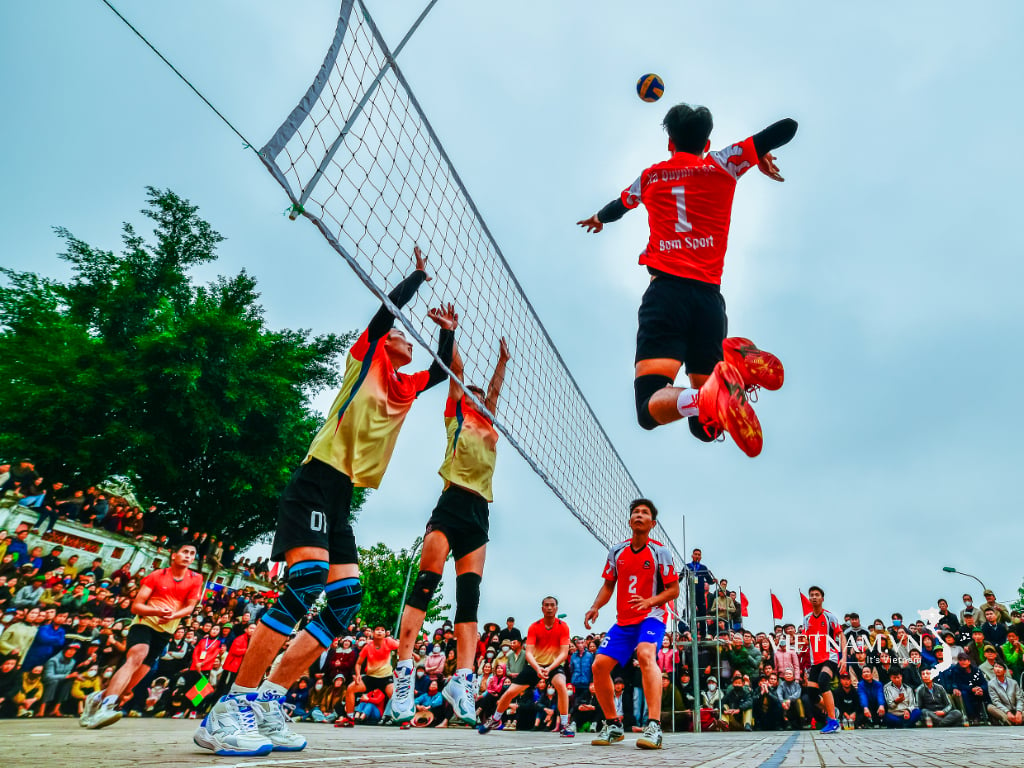

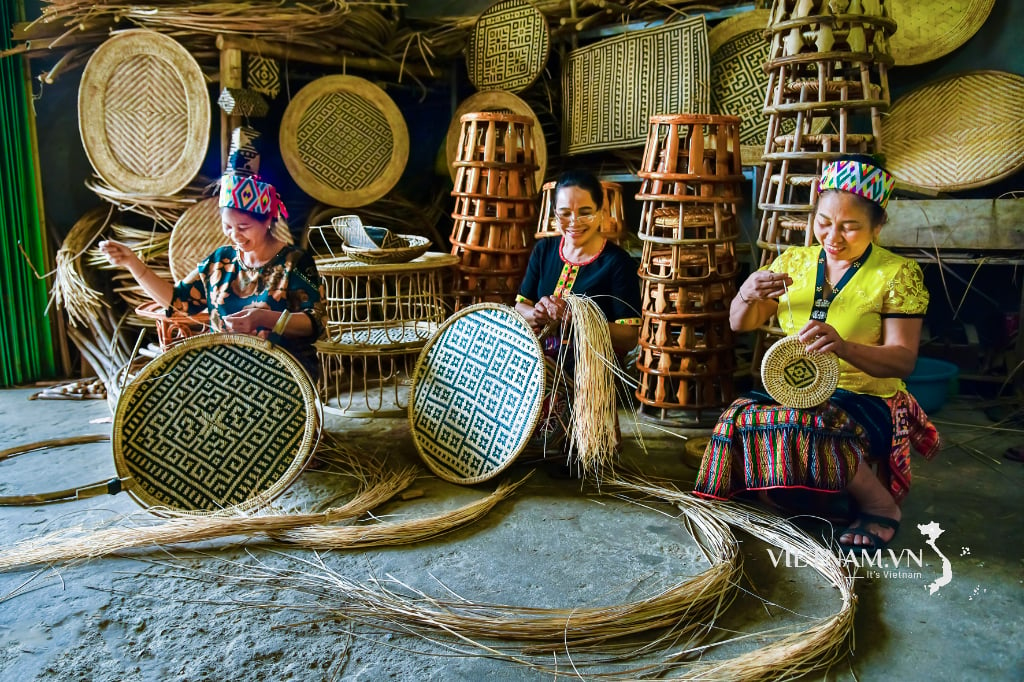
Comment (0)